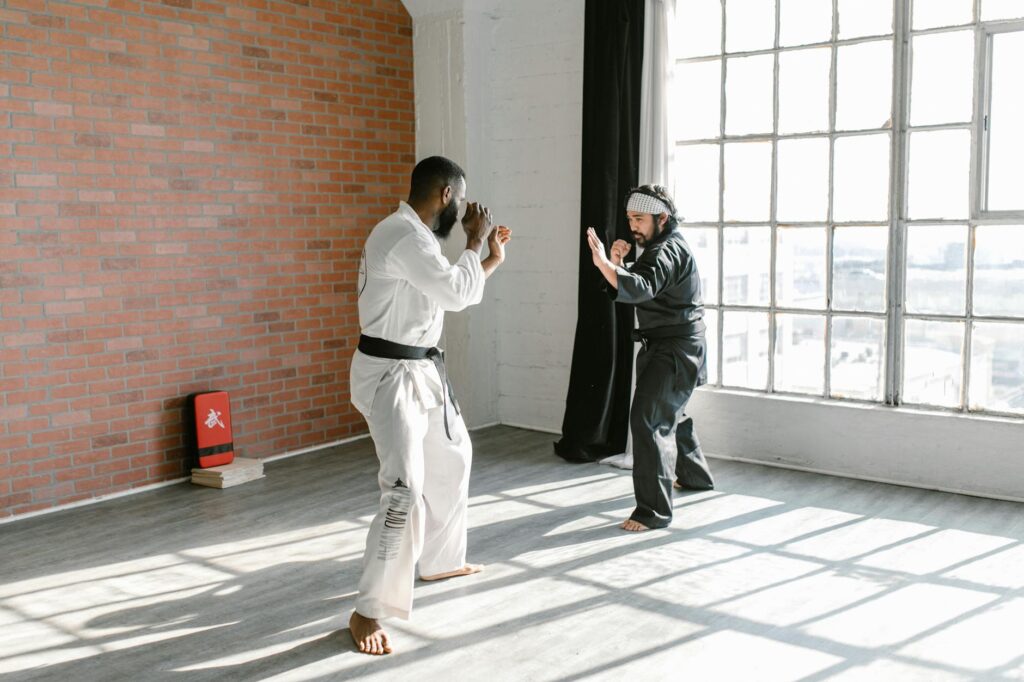What is self-discipline practices?

What is self-discipline practices?
Self-discipline is often the backbone of personal and professional growth. It’s the ability to control your actions, emotions, and thoughts to achieve your goals. Without it, we may find ourselves drifting away from our objectives, letting distractions take the wheel. In this article, I’ll explore what self-discipline is, its psychological underpinnings, practical practices to incorporate into daily life, and strategies to overcome common challenges.
Understanding Self-Discipline
At its core, self-discipline is about making choices that align with our long-term goals despite immediate temptations. It’s different from willpower; while willpower is a short-term burst of energy to resist temptation, self-discipline is more about forming lasting habits that guide our behavior over time.
Imagine a marathon runner. Their willpower gets them through the initial pain of training, but it’s their self-discipline that keeps them on the track day after day, preparing for that race. It’s the difference between a fleeting moment of strength and a sustained commitment to a goal.
The Psychology Behind Self-Discipline
Understanding the psychology behind self-discipline can help us harness its power. Key principles include:
- Impulse Control: The ability to resist immediate gratification. For instance, opting to study instead of binge-watching a series.
- Delayed Gratification: This involves resisting the temptation for an immediate reward in favor of a later benefit. Think of saving money for a bigger purchase rather than spending impulsively.
- Motivation: This is the driving force behind our actions. Finding what motivates you—be it personal satisfaction, the joy of achievement, or external rewards—can bolster your self-discipline.
By grasping these psychological aspects, we can better navigate our urges and stay aligned with our goals.
Essential Self-Discipline Practices
Incorporating self-discipline practices into your routine doesn’t have to be daunting. Here are some practical strategies that can make a significant difference.
Setting Clear Goals
Setting clear, achievable goals is crucial. Using the SMART criteria—Specific, Measurable, Achievable, Relevant, and Time-bound—can enhance your self-discipline. For example, instead of saying, “I want to get fit,” try “I will run three times a week for 30 minutes each time.” This clarity makes it easier to stay committed.
You can learn more about formulating effective goals from resources like MindTools.
Creating Routines and Habits
Establishing daily routines can foster self-discipline. When actions become habitual, they require less mental effort. Consider morning rituals that include exercise, reading, or planning your day. Over time, these routines create a framework that supports disciplined actions.

Photo by RDNE Stock project
Time Management Techniques
Effective time management enhances self-discipline. Techniques like the Pomodoro Technique, which encourages working in short bursts followed by breaks, can improve focus. Time blocking, where you allocate specific hours for tasks, can also prioritize your workload. By managing your time effectively, you reduce the chance of procrastination.
Overcoming Challenges to Self-Discipline
Even with the best practices, obstacles can arise. Recognizing and addressing these challenges is essential for long-term success.
Dealing with Procrastination
Procrastination is a common hurdle in exercising self-discipline. To combat it, break tasks into smaller, manageable pieces. Set deadlines, even for the smallest tasks, to create a sense of urgency. Additionally, identifying the root cause of your procrastination—be it fear of failure, perfectionism, or boredom—can help you tackle it head-on.
Managing Distractions
Distractions are everywhere, especially in today’s digital age. Establishing a distraction-free workspace and setting specific times for checking emails or social media can help. Use apps that block distracting websites during work hours to maintain focus on your tasks.
Building Self-Discipline Over Time
Self-discipline is not a fixed trait; it’s a skill that can be developed with practice. Just like building muscle, it requires consistent effort and patience.
Tracking Progress and Celebrating Successes
Tracking your progress is vital in developing self-discipline. Keeping a journal of your daily practices can provide insights into your habits. Celebrate small wins to reinforce positive behavior. Acknowledging progress boosts motivation and encourages you to stick with it.
Incorporating strategies from BetterUp can provide additional insights into building self-discipline over time.
Conclusion
Self-discipline practices are essential for personal and professional growth. By understanding its foundations and incorporating practical strategies into our daily lives, we can strengthen our ability to achieve long-term goals. Remember, self-discipline is like a muscle—the more you work on it, the stronger it becomes. Embrace these practices, and start your journey toward a more disciplined and fulfilling life today!